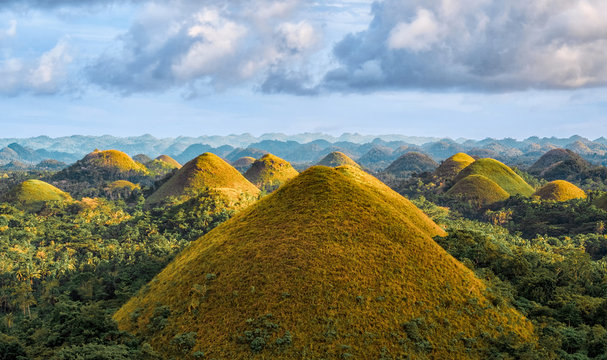Bohol, a rising star in Philippine tourism and the country’s first UNESCO Global Geopark, is taking a bold step in blending health research with tourism development. In a recent installment of the “Policy Rx: Prescribing Science for Better Decisions” webinar series organized by the Department of Science and Technology – Philippine Council for Health Research and Development (DOST-PCHRD), local health and tourism leaders came together to make a compelling case for the importance of evidence-based policymaking.
Held in Tagbilaran City, the session titled “Harnessing Health Research for Multisectoral Policy on Tourism and Health” emphasized how research and local data can be instrumental in building safer, more sustainable tourism environments—especially in a post-pandemic world.
Dan Blyke D. Bantugan, Health Education and Promotions Officer I of the Bohol Provincial Health Office, pointed out a glaring issue in many local government units: while data is often gathered, it’s rarely analyzed. “We just consolidate the data and submit it to the national level. But without analysis, there’s no solid foundation for policymaking,” Bantugan noted. He called for more community-based health researchers who can process local information into actionable insights.
Bohol’s current programs reflect this growing emphasis on health-backed tourism strategies. With 23 ongoing health programs and 7 health-related services under its Provincial Health Office, environmental sanitation has emerged as a top priority. “We can’t promote tourism in Bohol without clean water and proper sanitation,” Bantugan explained.
To support more data-driven policies, the province uses the Field Health Services Information System (FHSIS), the official health data system of the Philippines. This allows the province to gather and analyze data from the grassroots level, informing health programs and guiding future development plans.
Gina Peluchi Kapirig, Product Development Officer of the Bohol Provincial Tourism Office, echoed this sentiment, stressing the need for better coordination between health and tourism sectors. She pointed out the lack of information dissemination and capacity-building among LGU staff as persistent hurdles. “It’s important that information flows from rural and municipal health offices to the tourism and even academic sectors, because prevention begins at that level,” she said.
In addition to the webinar, DOST-PCHRD launched the Early-Career Researcher’s Workshop on Policymaking for Health at Kew Hotel on June 25. Young researchers with ongoing PCHRD-supported projects participated in developing policy pitches and policy briefs, further promoting science-informed governance.
The “Policy Rx” series is part of a broader DOST initiative called The Bridged Research and Policy, which aims to align science-based research with practical, inclusive solutions for societal challenges under its “OneDOST4U” campaign.
As Bohol continues to rise as a prime destination in the Philippines, its model of integrating science and tourism may serve as a blueprint for other provinces aiming for both economic growth and community well-being.
For more information on Policy Rx and future initiatives, visit www.pchrd.dost.gov.ph.


